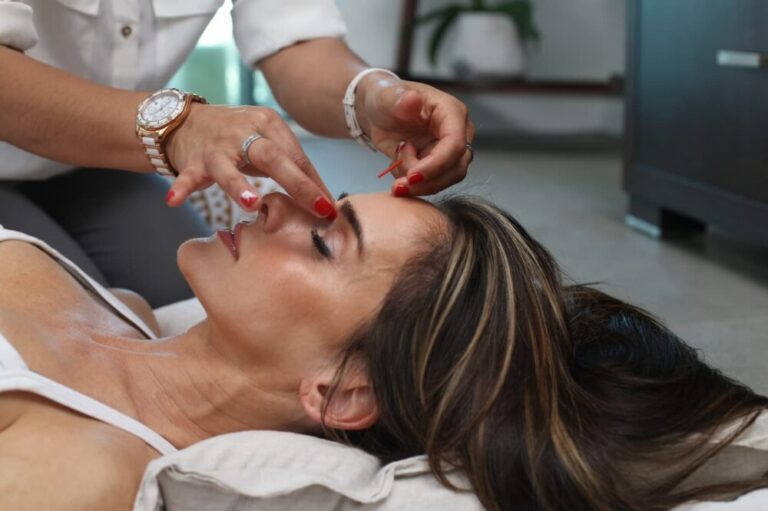Navigating Responsibilities in a Med Spa
In the dynamic realm a of med spa, the fusion of medical proficiency and cosmetic enhancement gives rise to a rich tapestry of treatments. These establishments offer a plethora of procedures seamlessly integrating medical precision with aesthetic refinement. From the transformative capabilities of lasers and injectables like Botox and fillers to the cutting-edge methodologies of Kybella® and microneedling, clients are presented with a diverse spectrum of options to invigorate and enhance their appearance.
Cosmetic and Medical Procedures in a Med Spa
However, amidst this tapestry lies a nuanced interplay between what constitutes a purely cosmetic indulgence and what delves into the domain of medical intervention. The demarcation between these realms can vary significantly from state to state, resulting in a labyrinth of regulations and permissions. For example, while some states grant estheticians and cosmetologists the freedom to perform surface-level skin treatments like microdermabrasion and dermaplaning, others confine their scope of practice to non-invasive procedures that do not penetrate the skin’s dermal layer.
Medical Aesthetic Treatments in a Med Spa
This diversity inevitably gives rise to questions regarding the allocation of responsibilities within the confines of a med spa. The authority in administering medical aesthetic treatments is meticulously structured to ensure both effectiveness and safety:
Physicians: Leading the Way
At the apex of this hierarchy are physicians, who often assume pivotal roles as owners or medical directors of these establishments. Their profound knowledge and expertise afford them the broadest authority. Empowering them to supervise and delegate medical procedures to other healthcare professionals.
Bridging the Gap
Nurse practitioners (NPs) and physician assistants (PAs) occupy the subsequent tier, with some states granting them independent practice authority. In areas where autonomy isn’t feasible, their actions are regulated by laws specifying the necessary supervision from physicians.
Registered nurses (RNs), despite their extensive medical knowledge and skill, operate within a more constrained scope compared to NPs and PAs. Their execution of delegated medical tasks is contingent upon supervision from physicians or independent practice NPs.
Estheticians and Cosmetologists: The Spa Specialists
Estheticians and cosmetologists, though licensed by cosmetology boards, are classified as unlicensed personnel in the medical domain. Their expertise predominantly lies in spa-related treatments, precluding them from engaging in procedures requiring specialized medical training.
Operating within Limits
There are unlicensed personnel such as medical assistants (MAs), whose involvement in medical treatments is subject to state law provisions. Despite their valuable contributions, their lack of formal medical training mandates close oversight and supervision from delegating practitioners to ensure the delivery of safe and effective care.
In navigating this intricate landscape of regulations and responsibilities, the paramount concern remains the welfare and satisfaction of the clients. So, the delegation of medical treatments to various personnel within a med spa creates a delicate balance between expertise, supervision, and adherence to regulatory guidelines.
For expert advice on legal matters about your med spa business, consider scheduling a free discussion with Dike Law Group. You can do this at dorismeet.com.







